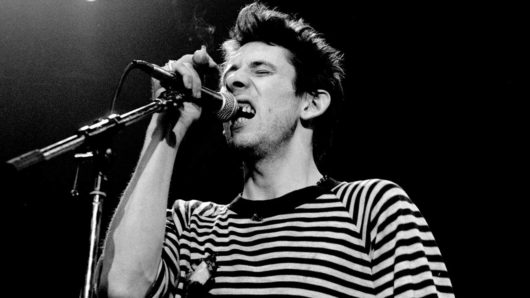From 70s masterclasses that helped define the progressive-rock genre to new-wave-era dalliances in commercial arena-rock, the best Yes albums make for a mesmerising treasure trove of ambitious compositions and virtuosic performances. Get ready to take an adventure through awe-inspiring atmospheres and towering epics as we rank and review all 23 studio albums in Yes’ discography, providing a comprehensive guide to the works of one of prog-rock’s most influential and enduring bands.
Listen to the best of Yes here, and check out the best Yes albums, below.
23: ‘Open Your Eyes’ (1997)
Originally going by the working title of “Universal Garden”, Open Your Eyes began as a joint project between bassist Chris Squire and keyboardist Billy Sherwood, before Jon Anderson, Steve Howe and Alan White came along and helped the duo achieve their vision. “All of the tracks are written by us,” Sherwood later said. “I thought that the best way to do it would be to get everyone’s involvement, and have everyone participate.” Blending the commercial-mindedness of 1987’s Big Generator with the Panglossian optimism of 1991’s Union, Open Your Eyes came to fruition remarkably quickly and remains an organic and down-to-earth entry among the best Yes albums.
Must hear: New State Of Mind




